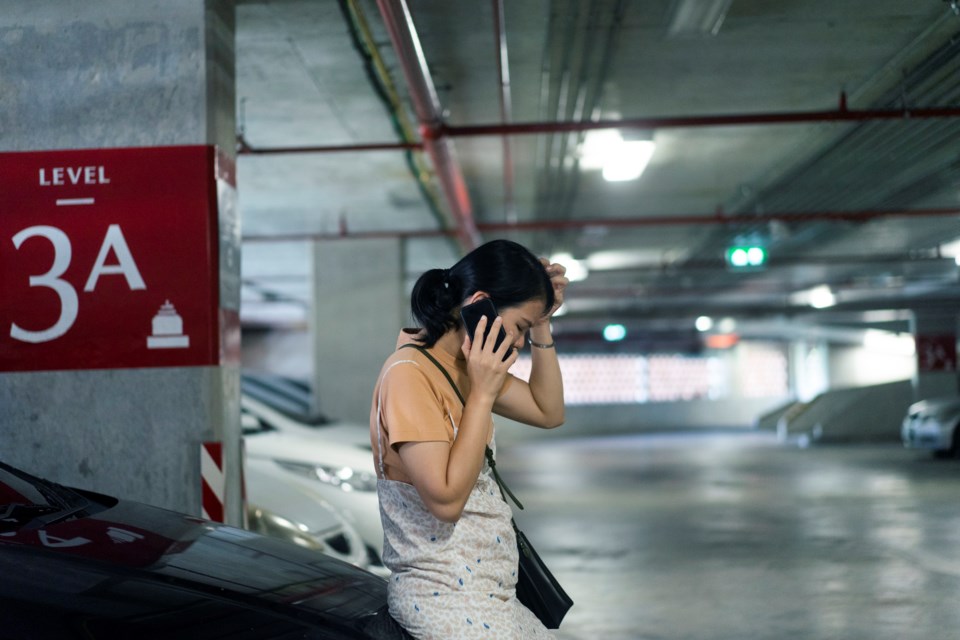In the near future, you may be able to send video, photos and voice messages to an emergency 911 dispatcher.
Although still a few years away, the City of Port Coquitlam is taking steps to integrate with the new federally-mandated next-generation 911 system (NG911) set to bring the critical emergency calling program into the digital era.
In an update to council, fire chief Robert Kipps said as of March 1, through the Canadian Radio-television and Telecommuniciation Commission (CRTC), the federal government amended communication laws to mandate all provinces to transition to NG911 by 2025.
Faster police, ambulance, fire response times
When up and running, NG911 will allow those who require 911 services to send photos, video and text messages so dispatchers know what’s happening in real time.
Kipps said the system will enable dispatchers to pinpoint callers within metres of the emergency, potentially reducing response times.
“One direct benefit to transitioning to next generation 911 is how it locates callers. Today, that historical system can only locate callers who are using their mobile device to the nearest cell phone tower.
“This can be thousands of meters away from where the emergency actually is and sometimes whoever is calling actually can't let them know what their address is,” Kipps added.
“The new system will pinpoint callers within a few meters further reducing potential response times.”
Updates for next generation 911 emergency system
Port Coquitlam is currently updating its GIS mapping system so it can be integrated into the new dispatch program, Kipps said, noting the city won’t have to pay to join NG911.
Instead, funding will come from phone provider levies.
“Engineering and Public Works is currently assessing the quality of our data and how it will actually plug into the NG911 network,” he explained.
Kipps said Telus will be the provider in B.C. as the federal government engages telecommunications companies across Canada to modernize 911.
Additionally, provincial and regional call centres across Canada, such as E-Comm, also will be expected to update their services to adapt to the NG911 call system.
B.C.' emergency call response system was tested during last year's heat wave. In one day last June, nearly 12,000 911 calls were made in one day, according to a recent coroner's report into 619 heatwave deaths.





